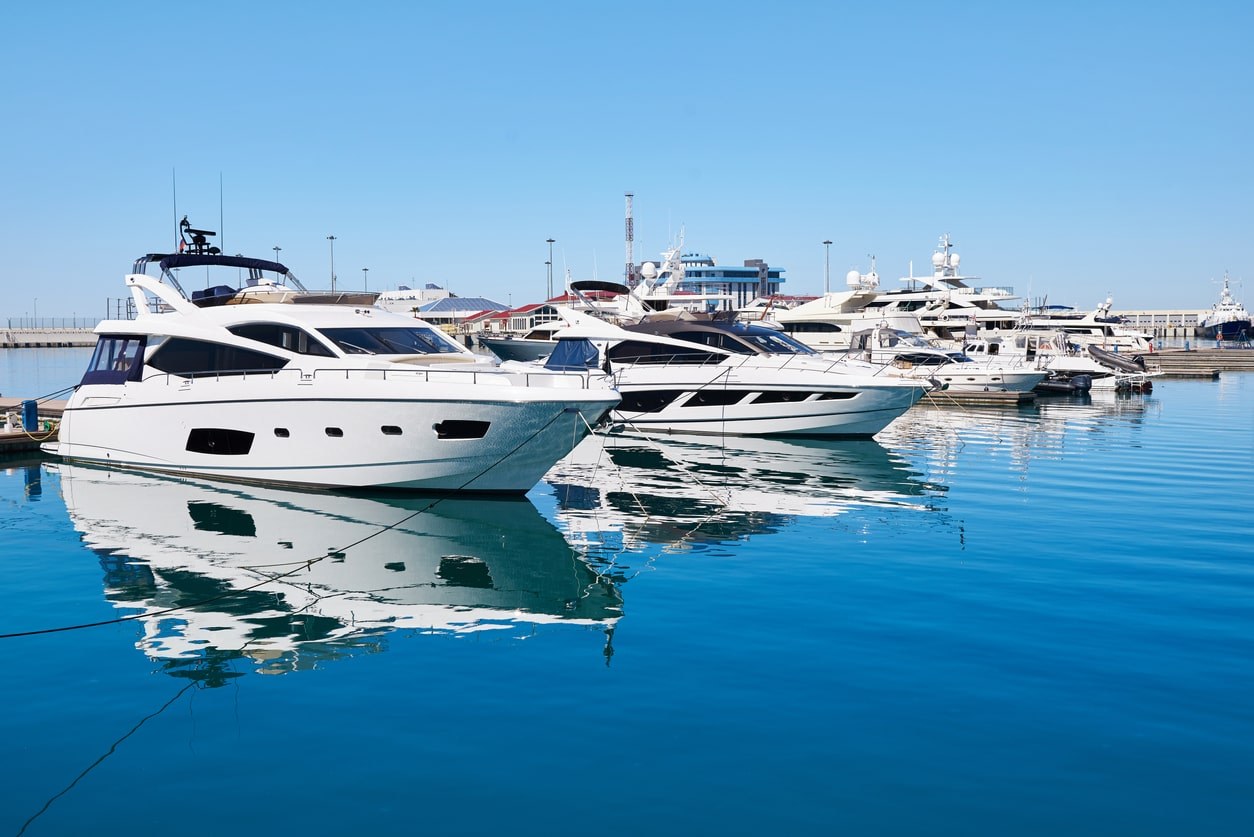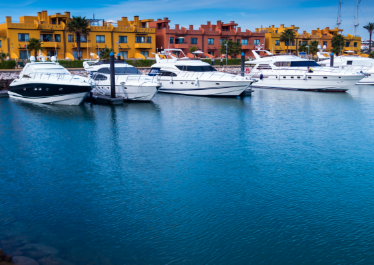The nautical industry and the AGEC Act: what to do with pleasure boats at end life?

Sustainability, preservation, and conservation of the environment... These are key concerns in every field today. And in the marine industry. The Anti-Waste for a Circular Economy Act (AGEC) introduced a series of measures to transform the linear economy into a circular economy. We'll see in this article that the impact on players in the marine industry is major. And complex. We'll also explore how the Extended Producer Responsibility (EPR) schemes are being organized to meet these challenges.
The AGEC Act and the nautical industry
What is the AGEC Act?
Adopted in France in 2020, the Anti-Waste for a Circular Economy Act (AGEC) marks a decisive turning point in waste management and the promotion of the circular economy. It aims to significantly reduce waste production, encourage recycling, and limit the environmental impact of end-of-life products. For the marine industry, this law introduces specific requirements for managing and recycling pleasure craft, associated equipment, and accessories.
Specific requirements for the marine industry
One of the major implications of the AGEC law for the marine industry concerns Extended Producer Responsibility (EPR). Manufacturers, importers, and distributors are now responsible for managing the end-of-life products they put on the market. This includes collecting, treating, and recycling waste generated by these products.
For recreational craft, industry players must implement effective systems to manage the dismantling, recycling, and recovery of end-of-life boats. Composite materials, commonly used in boat building, present recycling challenges due to their complex composition and durability.
The impact on the marine industry
The marine industry, which contributes significantly to the economy and employment, is being called upon to innovate and adapt to meet the requirements of the AGEC Act. Companies must not only comply with the regulations but also work to develop more efficient and sustainable recycling technologies and methods.
The law also encourages eco-responsible design, pushing manufacturers to consider the environmental impact of products right from the design phase. This means using recyclable materials, reducing energy consumption and CO2 emissions, and making it easier to dismantle and recycle products at the end of their life.
Challenges and opportunities
Recycling composites, particularly those used in constructing pleasure boats, represents a significant challenge for the marine industry. Although prized for their lightness, strength, and durability, these materials are complex to recycle because of their heterogeneous composition. The AGEC Act has highlighted the need to innovate and develop effective technologies and methods for managing the end-of-life of these materials.
APER and the dismantling of pleasure boats
Role and responsibilities
The Association pour la Plaisance Eco-Responsable (APER) is a key player in France's end-of-life management of pleasure craft. Created in response to growing environmental demands and the need for responsible management of nautical waste, APER plays a central role in dismantling end-of-life boats and recycling materials.
Deconstruction process
The dismantling process is meticulous and complies with strict environmental standards. It begins with dismantling the boats, where each component is carefully removed and sorted. Recyclable materials are separated from non-recyclable waste, maximizing material recovery and reducing environmental impact.
APER has set up a network of approved dismantling centers to manage dismantling safely and efficiently. These centers follow strict protocols to ensure worker safety and environmental protection.
Contributing to the circular economy
APER is a concrete example of the successful application of circular economy principles in the marine industry. By promoting the recycling and reuse of materials, the association is helping to reduce pressure on natural resources and minimize waste.
Working with industry players
Companies like Dolphin Charger recognize the importance of APER and support its initiatives. Companies can contribute to a more sustainable and responsible marine ecosystem by collaborating with associations such as APER. These collaborations reinforce efforts to develop technologies and solutions that meet regulatory requirements and promote environmental sustainability.
Prospects
As the marine industry continues to adapt and evolve in response to the requirements of the AGEC Act, the future looks bright. Technological innovation, cross-sector collaboration, and the integration of circular economy principles are dominant trends shaping the future landscape. We anticipate an era where sustainability will intrinsically link to every boating aspect. Boats and equipment will be designed carefully considering environmental impact, recyclability, and end-of-life management.



